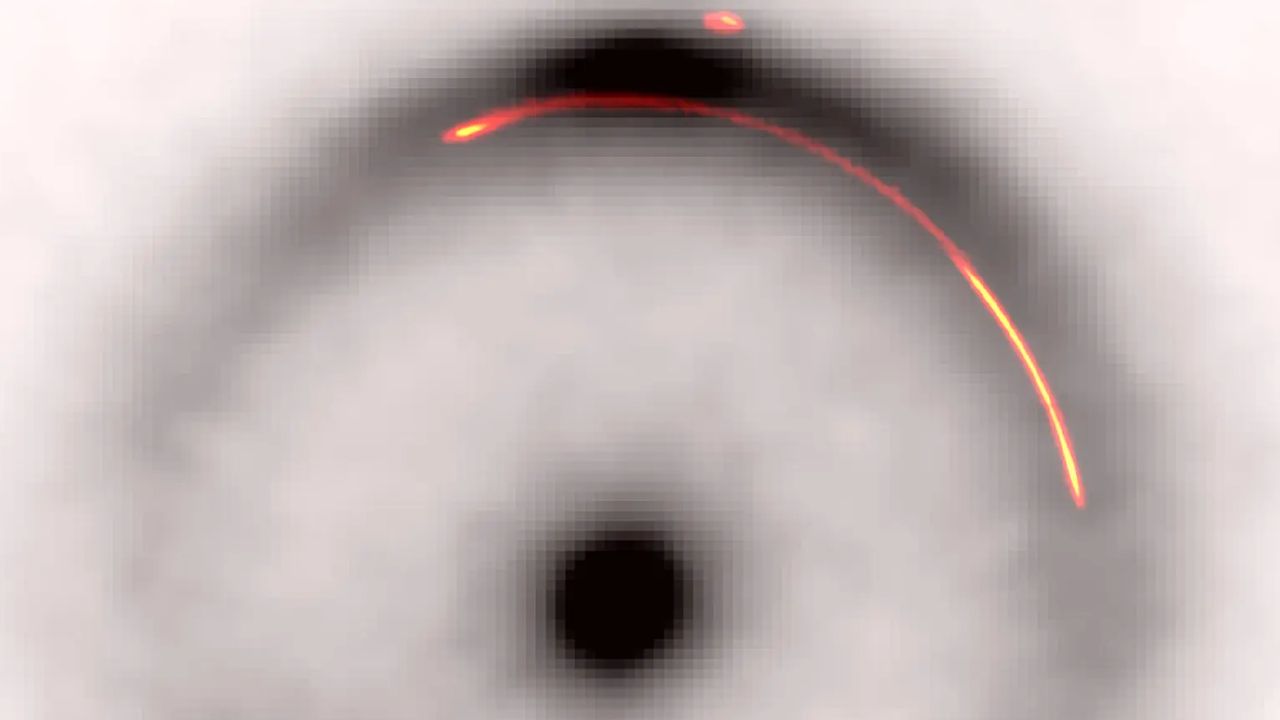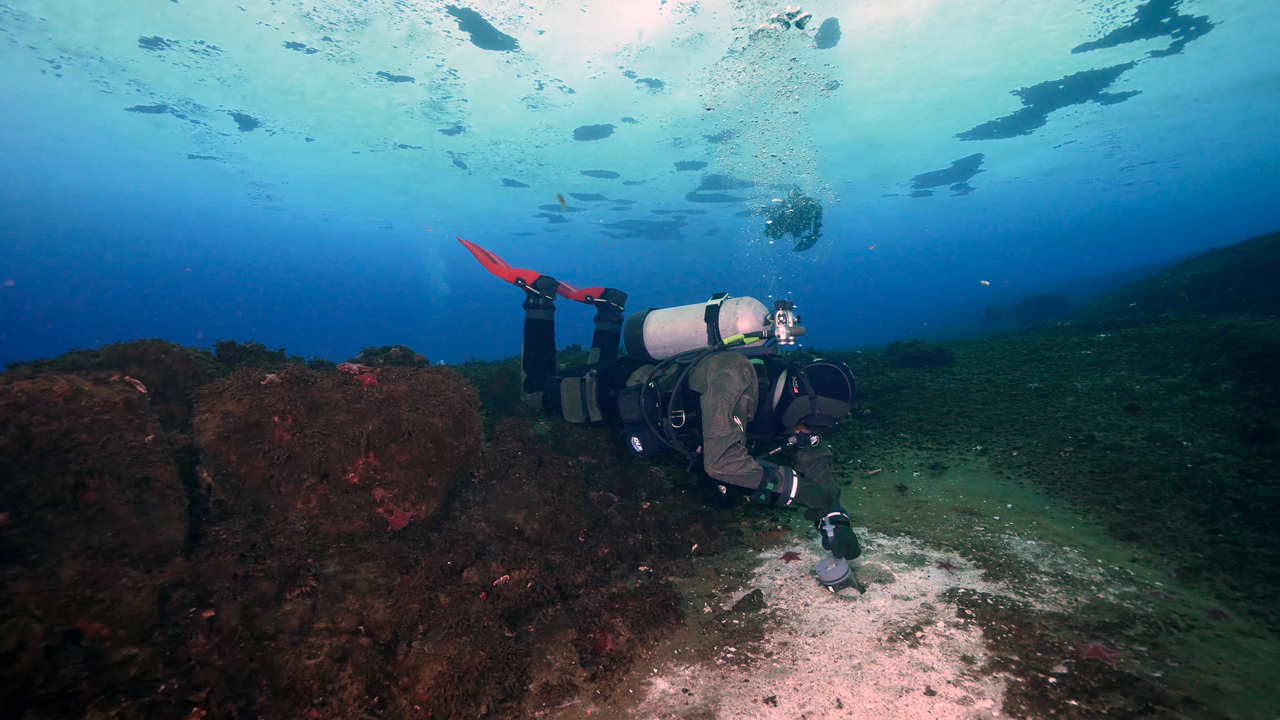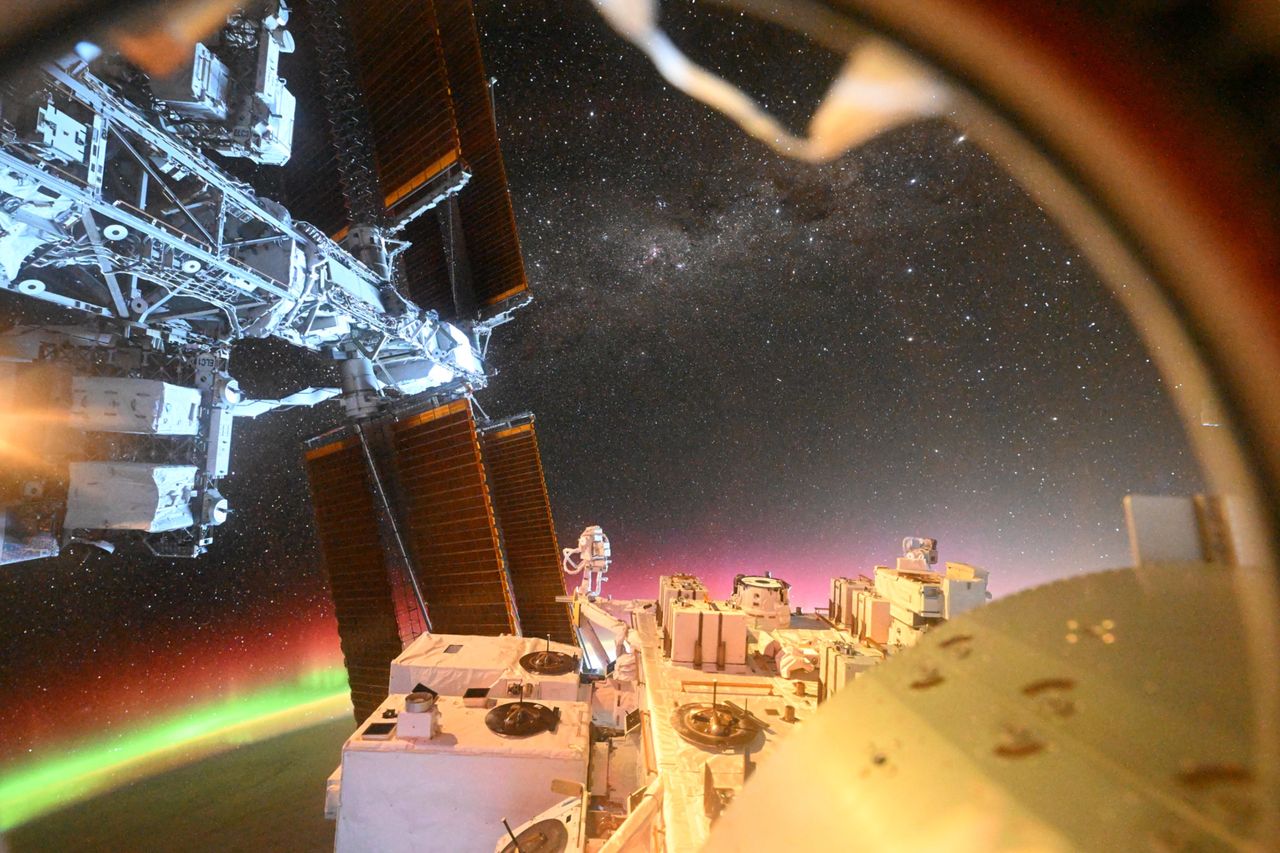'This moves the timeline forward significantly': Quantum computing breakthrough could slash pesky errors by up to 100 times
PositiveScience

A recent breakthrough in quantum computing has researchers excited as they successfully implemented a technique called algorithmic fault tolerance (AFT), which could reduce the time and cost associated with quantum error correction by up to 100 times. This advancement is significant because it not only enhances the efficiency of quantum computing but also brings us closer to realizing its full potential, making it a pivotal moment in the field.
— Curated by the World Pulse Now AI Editorial System











